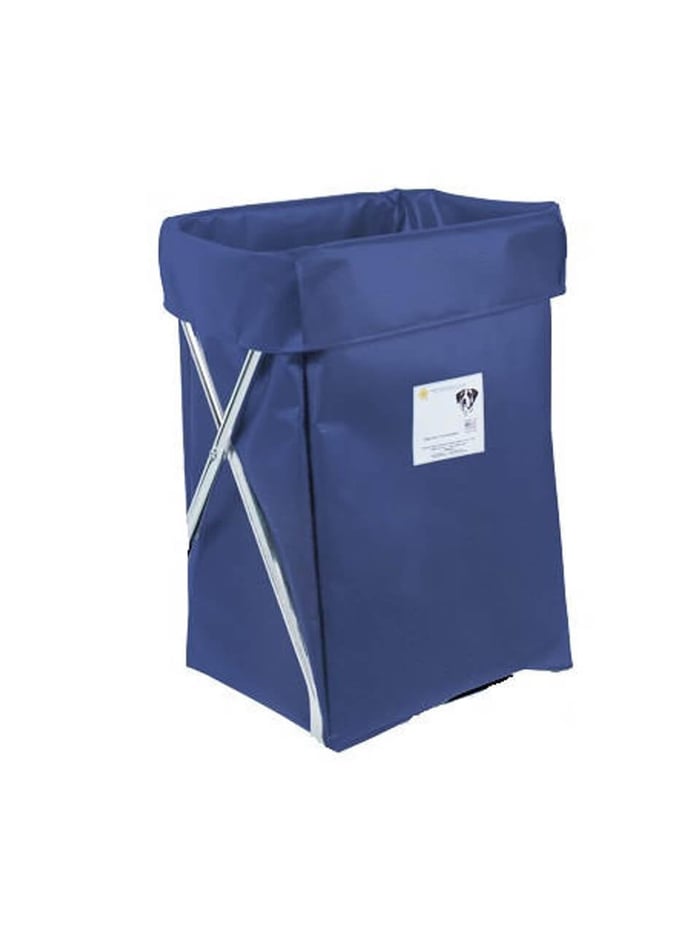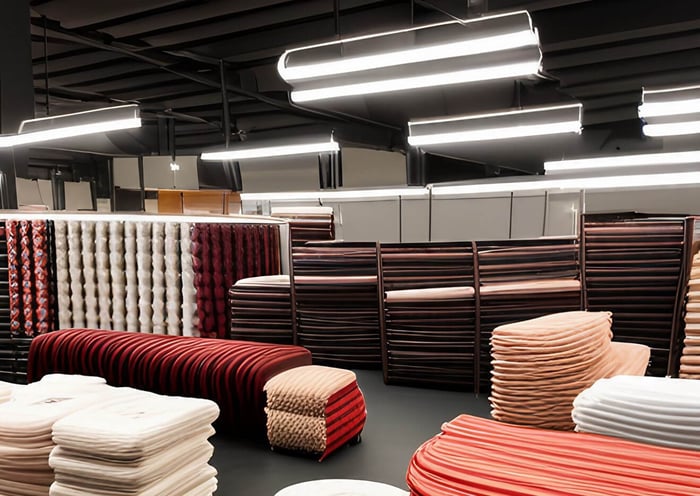Smallware, also known as small wares or kitchen smallwares, plays a significant role in the daily operations of commercial kitchens and foodservice establishments. In this blog post, we'll delve into the world of smallware, exploring its categories, essential items, and proper handling.
What Are the Four Categories of Small Wares?
Smallwares can be categorized into four main groups, each serving a specific purpose in the kitchen:
1. Cookware: This category includes pots, pans, baking sheets, and other vessels used for cooking and baking. Cookware comes in various materials, such as stainless steel, aluminum, cast iron, and non-stick coatings.
2. Cutlery: Cutlery encompasses knives, scissors, and other cutting tools. It's an essential category in any kitchen, as precise cutting and slicing are fundamental culinary skills.
3. Bakeware: Bakeware items are designed for baking and include items like cake pans, muffin tins, cookie sheets, and pie dishes. These are crucial for creating a wide range of baked goods.
4. Small Tools and Utensils: This category covers a broad spectrum of kitchen tools, from spatulas, ladles, and tongs to measuring cups, whisks, and thermometers. Small tools and utensils are essential for various tasks, such as mixing, measuring, and serving.
What Is Considered Kitchen Smallwares?
Kitchen smallwares encompass a wide array of tools and equipment that aid in food preparation, cooking, and serving. They include both handheld items and utensils as well as smaller kitchen appliances like blenders and food processors. Some common examples of kitchen smallwares include:
- Chef's Knives: High-quality chef's knives are essential for chopping, slicing, and dicing ingredients efficiently.
- Mixing Bowls: Mixing bowls in various sizes are used for blending and combining ingredients.
- Whisks: Whisks are handy for beating eggs, mixing sauces, and incorporating air into batters.
- Measuring Cups and Spoons: Accurate measurements are crucial in cooking and baking, making these utensils indispensable.
- Colanders: Colanders are used for draining pasta, washing vegetables, and straining liquids.
- Spatulas: Spatulas come in various shapes and sizes and are used for flipping, turning, and serving food.
What Items of Smallware Should Be in Every Kitchen?
While the specific items of smallware needed in a kitchen may vary depending on the type of cuisine and the menu, there are several essential items that should be present in every kitchen:
1. Chef's Knife: A high-quality chef's knife is a must-have for precise and efficient cutting.
2. Cutting Board: A durable cutting board provides a safe and hygienic surface for food preparation.
3. Measuring Utensils: Accurate measuring cups and spoons ensure consistent results in recipes.
4. Mixing Bowls: A range of mixing bowls in different sizes allows for versatile food preparation.
5. Spatulas and Tongs: These tools assist in flipping, turning, and serving food.
6. Pots and Pans: A selection of pots and pans in various sizes is essential for cooking a wide range of dishes.
7. Utensil Set: A basic utensil set should include items like spatulas, ladles, and serving spoons.
What Are Four Things a Chef or Cook Should Do Before Storing Smallwares?
Properly caring for and storing smallwares is essential to maintain their quality and extend their lifespan. Here are four important steps chefs or cooks should take before storing smallwares:
1. Clean Thoroughly: After use, smallwares should be cleaned thoroughly with hot, soapy water. Ensure that all food residues are removed to prevent odors and bacterial growth.
2. Sanitize: To further ensure hygiene, smallwares should be sanitized. This can be done by immersing them in a sanitizing solution or running them through a dishwasher if applicable.
3. Inspect for Damage: Before storing, inspect smallwares for any signs of damage or wear. Items that are cracked, chipped, or bent should be replaced to avoid compromising food safety.
4. Dry Completely: Smallwares should be completely dry before storage. Moisture can lead to mold growth and rust, especially in items made of metal.
In conclusion, smallwares are the unsung heroes of commercial kitchens, facilitating efficient food preparation and service. Understanding their categories, essential items, and proper handling is vital for chefs and cooks to maintain a well-organized and functional kitchen. Whether you're operating a restaurant, catering service, or home kitchen, investing in quality smallwares can greatly enhance your culinary endeavors.
About the Author
Haley Bridges, Marketing Assistant at Direct Textile Store
Haley Bridges has served as Marketing Assistant at Direct Textile Store, where she specializes in hospitality linens, uniforms, and bulk textile solutions. She works closely with hotels, restaurants, and healthcare facilities to match them with durable, high-quality products that balance both performance and value. Haley's expertise in textile sourcing and merchandising strategy helps businesses make confident purchasing decisions while staying ahead of industry trends.



